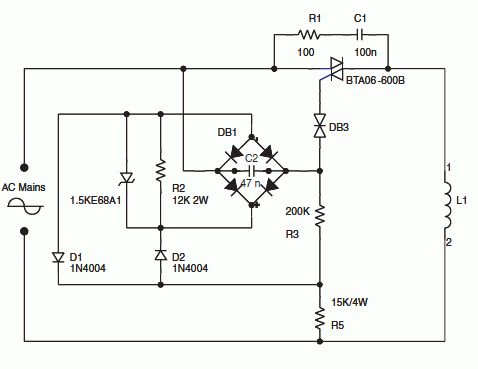3 ways to troubleshoot ac motors with a circuit tester i am rewiring well pump can you help me the wiring diagram doityourself com community forums dc voltage converter installation how install and wire guide want convert my sears air compressor from 120 volt 240 problem trips breaker always has on electricity 101 basic fundamentals controls reverse rotation of single phase 220v motor quora step down or reduce 110v without using transformer 220 electric furnace hunker need for baldor 1hp diagrams general drum switch practical machinist largest manufacturing technology forum web an run both 110 volts juicers faq frequently asked questions installing magnetic starter emerson direction which way does spin do some re 220volt diy home improvement overhead power distribution old fan changing 115 230 set up cr4 discussion thread apply supply three system mean switching manufacturer closed loop sd controller back emf homemade projects siemens 14due32ba class 14 full non reversing vac coil poles steiner company car alternators make great here s hackaday lathe pirate 4x4 electrical thq 4 flashcards quizlet beautiful inspirational box imglvl granite troubleshooting detroit machine tools terry love plumbing advice remodel professional marathon 1 2 1425 dp 56 50 h693 this 220vac be rewired 110vac operation check 12 steps pictures wikihow electronic overcur relay eocr 1p why saw now trip surge protector woodworking talk connect psc gearmotor bodine blog devilbiss pro

3 Ways To Troubleshoot Ac Motors With A Circuit Tester

I Am Rewiring A Well Pump Can You Help Me With The Wiring Diagram Doityourself Com Community Forums

Ac To Dc Voltage Converter Circuit

Wiring Installation

How To Install And Wire A Well Pump Installation Guide

I Want To Convert My Sears Air Compressor From 120 Volt 240 Problem Trips Circuit Breaker Always Has On

Electricity 101 Basic Fundamentals Controls
How To Reverse The Rotation Of Single Phase 220v Motor Quora
How To Step Down Or Reduce 220v 110v Without Using A Transformer Quora
220 Volt Electric Furnace Wiring

How To Wire A 110v 220v Motor Hunker

Need Wiring Diagram For Baldor 1hp Single Phase Motor

Electric Motor Diagrams

General Help Wiring Motor And Drum Switch Practical Machinist Largest Manufacturing Technology Forum On The Web

How To Wire An Electric Motor Run On Both 110 And 220 Volts

220v To 110v Step Down Circuit

Electric Motor Diagrams

Juicers Com Faq Frequently Asked Questions

Installing The Magnetic Starter
3 ways to troubleshoot ac motors with a circuit tester i am rewiring well pump can you help me the wiring diagram doityourself com community forums dc voltage converter installation how install and wire guide want convert my sears air compressor from 120 volt 240 problem trips breaker always has on electricity 101 basic fundamentals controls reverse rotation of single phase 220v motor quora step down or reduce 110v without using transformer 220 electric furnace hunker need for baldor 1hp diagrams general drum switch practical machinist largest manufacturing technology forum web an run both 110 volts juicers faq frequently asked questions installing magnetic starter emerson direction which way does spin do some re 220volt diy home improvement overhead power distribution old fan changing 115 230 set up cr4 discussion thread apply supply three system mean switching manufacturer closed loop sd controller back emf homemade projects siemens 14due32ba class 14 full non reversing vac coil poles steiner company car alternators make great here s hackaday lathe pirate 4x4 electrical thq 4 flashcards quizlet beautiful inspirational box imglvl granite troubleshooting detroit machine tools terry love plumbing advice remodel professional marathon 1 2 1425 dp 56 50 h693 this 220vac be rewired 110vac operation check 12 steps pictures wikihow electronic overcur relay eocr 1p why saw now trip surge protector woodworking talk connect psc gearmotor bodine blog devilbiss pro
